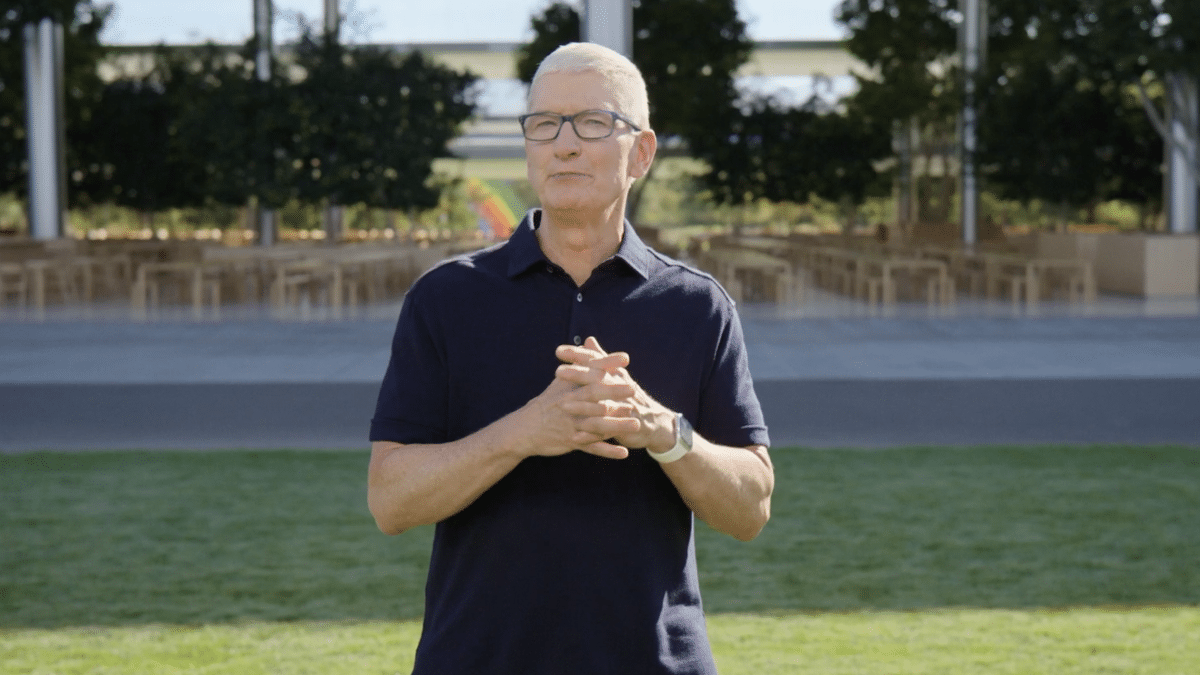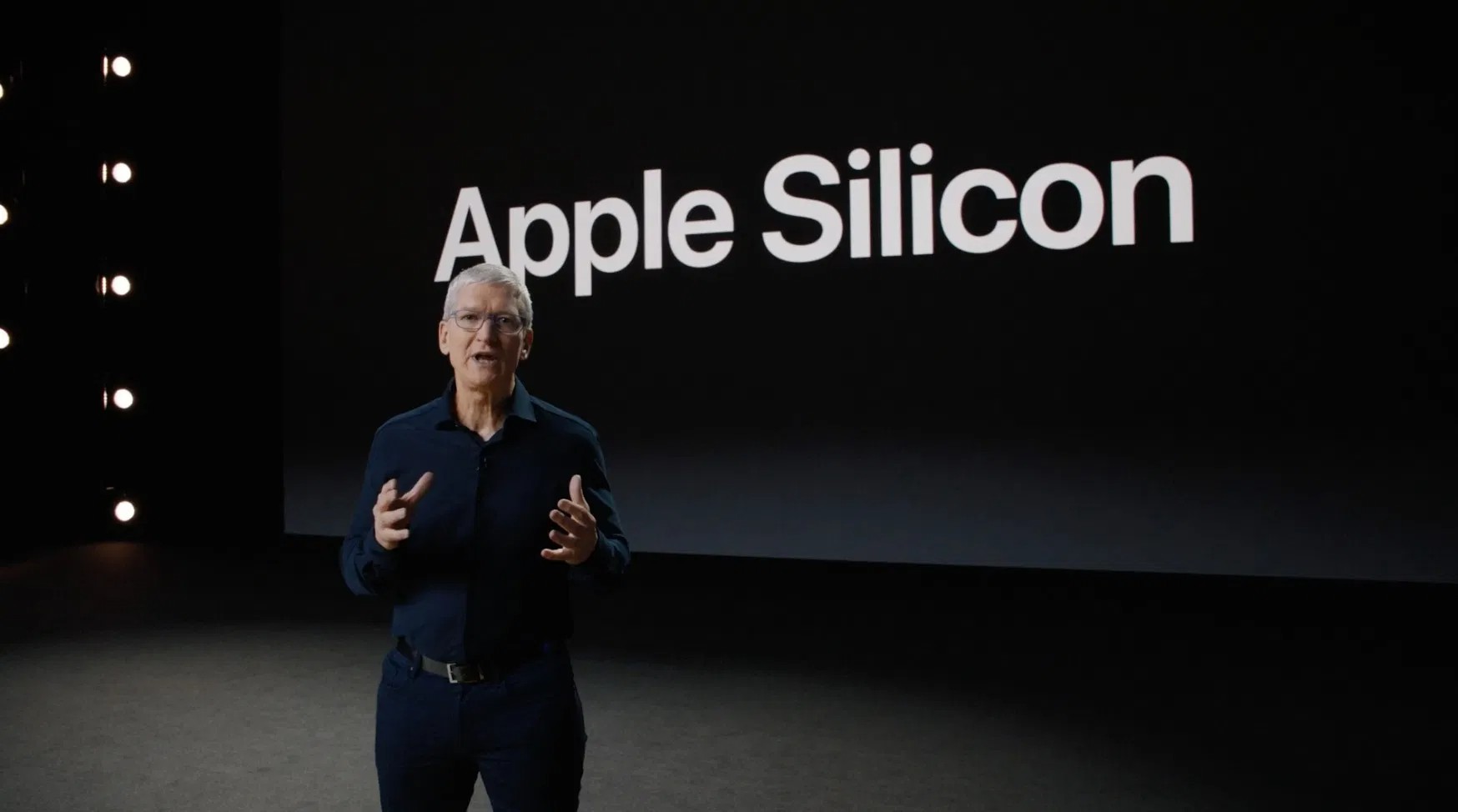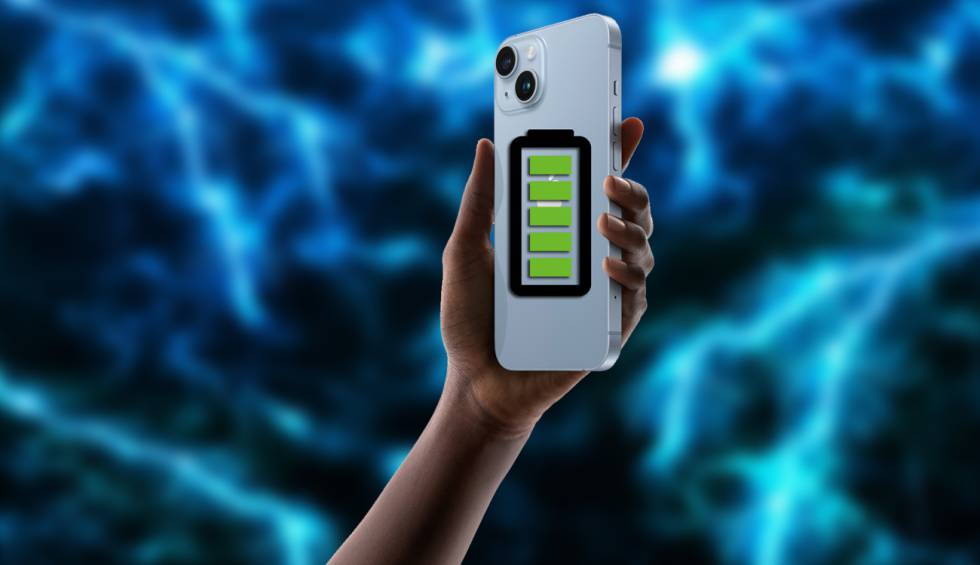Table of Contents
Since version 12, iPhones have come up with an Apple-exclusive feature: the option of not only recording videos with an extended contrast range using the HDR10 process, but also in the Dolby Vision (DV) variant. This is interesting because with Dolby Vision, as a “dynamic” HDR format, the contrast of each individual image can be adapted to the respective content, while “static” HDR10 only has one image impression for the entire video.
short and sweet
- For recordings with the iPhone in Dolby Vision, Dolby has developed a profile with the HDR format Hybrid Log Gamma (HLG) as a basis.
- Depending on the playback device, the iPhone recordings are not necessarily seen in Dolby Vision, but possibly in HLG-HDR, HDR10 or SDR.
- Older TVs that play Dolby Vision from UHD Blu-rays and streaming services cannot process the DV information of the iPhone recordings.
In line with the iPhone feature, Apple’s video editing program Final Cut Pro has recently started processing Dolby Vision. And the video portal Vimeo is also on board: DV videos recorded with the iPhone can be uploaded there and then streamed from there to suitable devices with dynamic HDR images.
The best guides to the iPhone

-
Battery life: How iPhone and iPad last longer
-
The Addiction Engines: What to Do When Kids Get Addicted to iPhone and iPad?
-
iPhone completely individual: Design, personalize and expand the home screen
-
Write faster on iPhone and iPad: Good tip-tips
-
Creative photography with the iPhone
-
iPhone and iPad: 31 advanced tips

Is the subject of iPhone recordings in Dolby Vision ticked off? Not really: In fact, while your own DV recordings can be easily played back on iPhones, iPads and MacBooks with Dolby Vision support, attempts to play them back on TVs lead to different results – even if these TVs play videos from Ultra HD Blu-rays and video streaming services in Dolby Vision.







